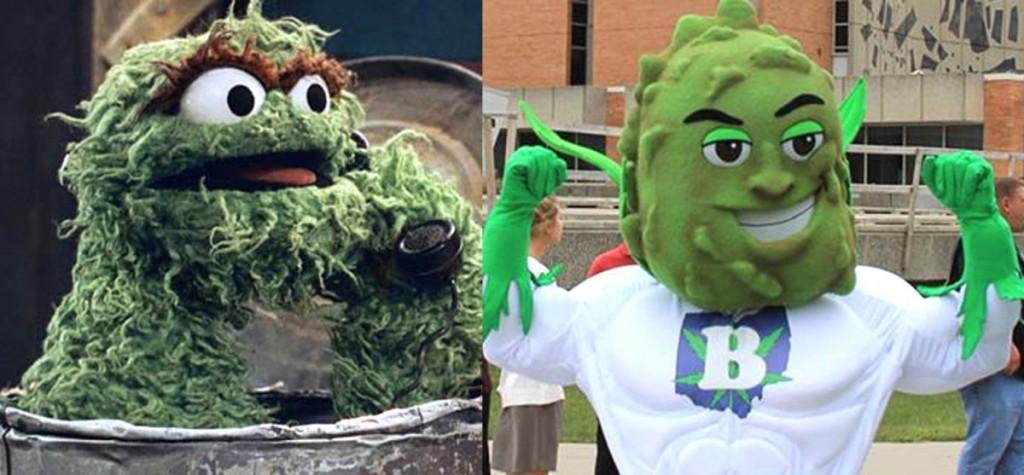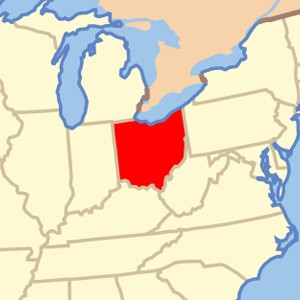Marijuana activists have been using the term “inevitable” to discourage Parents Opposed to Pot and other groups from fighting against legalization. We are energized by the defeat of Issue 3, an effort to legalize medical and recreational marijuana in Ohio. In a sweeping victory, 64.1 percent of Ohioans voted against the measure and 35.9 percent of the voters favored it. The margin of victory is nearly 2 to 1, and those opposed to legalization may have been outspent by a margin of 8 to 1 or more.
Who Lost in the battle for legalization in Ohio?
1) Wealthy investors who spent millions of dollars in an attempt to establish a marijuana monopoly in Ohio. (As is typical in most states, those who are getting into the marijuana investments are people who can afford to lose money. Wealthy people also fund the ballots. )

2) Campaign geniuses who (in an apparent haze of marijuana smoke?) thought it would be a brilliant idea to promote drug legalization through Buddie the Marijuana mascot, which turned out to be a very stupid idea of using a super hero with a hideous green head who bore a striking resemblance to Oscar from Sesame Street.
3) National pro-pot lobbying organizations such as the Marijuana Policy Project (MPP) and the Drug Policy Alliance (DPA) which viewed a victory in Ohio as an important development which would have bypassed medical marijuana. Ethan Nadelmann, executive director of the Drug Policy Alliance, said in The New York Times, “If Ohio wins, it will be a significant step forward for the broader movement—nothing will excite attention like that.” Although NORML, Russ Belville, Marijuana Policy Project and Ethan Nadelmann had hoped the measure would pass, some pro-pot activists like Willie Nelson disapproved of Issue 3 because it would entail a monopoly.
4) A popular culture which idealizes a weed.
The winners in Ohio’s vote are:
1) Children, families, and communities.
2) Teachers in Ohio who will have less of the problem of Washington and Colorado state teachers who are forced to try educating stoned students on a daily basis.
3) Anti-legalization public officials who took a strong stand against
legalization very early in the campaign. (Thank you, Governor Kasich and Attorney General DeWine and Auditor Yost,)
4) Drug prevention/education groups and other partners who realized that a political campaign was necessary to defeat the well- financed campaign led by professionals . We are particularly indebted to the work of the local Ohio activists Project SAM, Drug Free America Foundation, Citizens Against the Legalization of Marijuana and National Families in Action are national groups that help, too.
A few weeks before the vote, a poll announced that 56% of the voters in Ohio supported Issue 3. A week before the election, a poll showed that Ohio voters were evenly split with 46 percent for Issue 3 and 46 percent against it. The poll came nowhere close to how the election turned out: 36 percent for, 64 percent against.
The Outcome of this Vote
The outcome of the vote shows that polls are not always accurate. For those who worry that PACs have too much influence on American politics, the Ohio vote shows that big money doesn’t necessarily determine the outcome of elections. The Pro-legalization group, ResponsibleOhioPAC, spent nearly $12 million to put Issue 3 on the ballot and to pass it. It is estimated that the opposition spent $2.5 million.
1) There’s a rumor that Dan Riffle has resigned has resigned as Federal Policy Director of the Marijuana Policy Project.
2) Chuck Rosenberg of the DEA has made a statement saying that “medical” marijuana is a joke.

